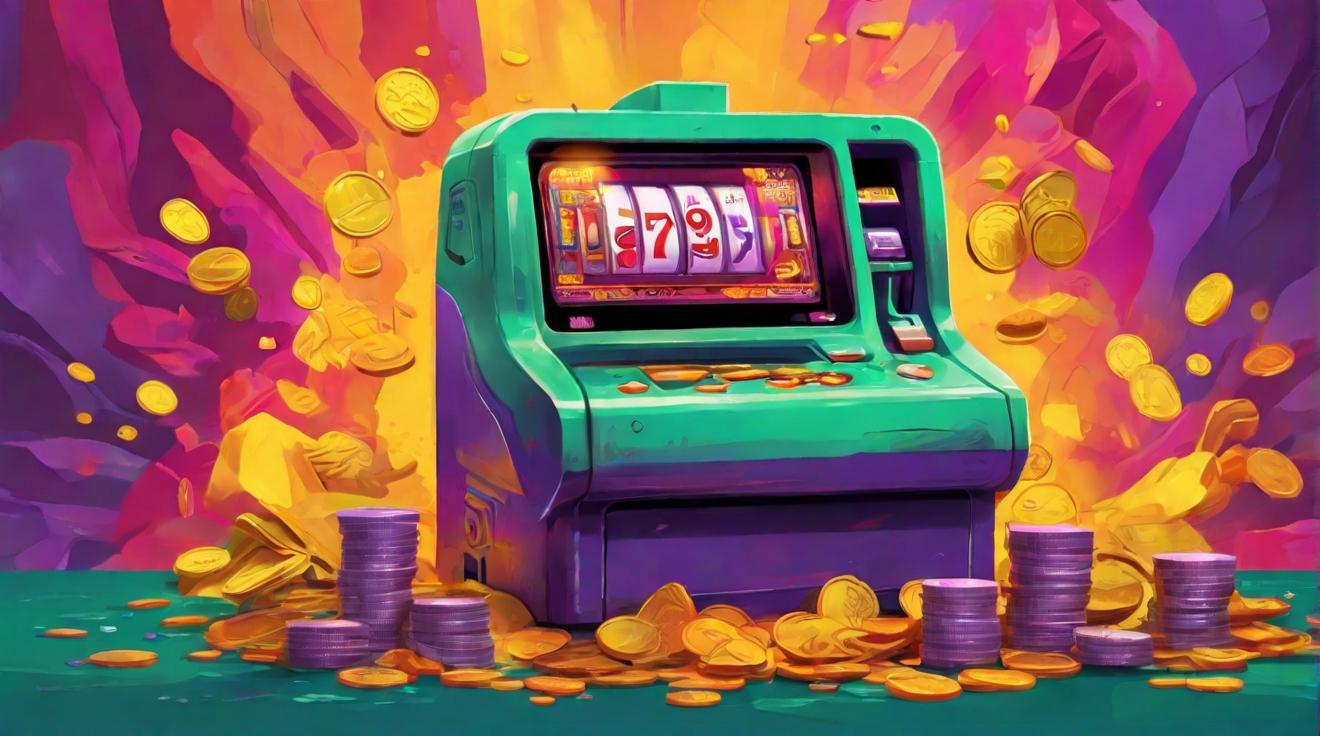Pennsylvania’s Skill Games Tax Rate Proposal Faces Opposition
Pennsylvania’s ongoing battle over the regulation of skill games has taken a new turn, with proposed legislation suggesting a significantly lower tax rate than initially recommended by Governor Josh Shapiro. The state’s courts previously ruled that these grey machines, resembling slot machines but requiring skill, were not illegal gambling devices. Shapiro and some lawmakers now advocate for regulation and taxation to safeguard consumers and benefit the state.
Shapiro’s budget proposed a 42% tax rate on skill games, aiming to generate approximately $150 million in new tax revenue for the commonwealth’s fiscal year. The newly introduced legislation, however, suggests a 16% tax rate on gross profits, allowing host businesses, machine operators, and distributors to retain more earnings.
Under the proposed bill, revenue distribution would allocate 40% to the host establishment and machine operator each, with the distributor receiving 20%. The legislation defines a distributor as a licensed entity selling or leasing skill games to an operator, who is responsible for game delivery, revenue collection, and data onsite.
In addition to the tax rate, the state would impose one-time fees on approved distributors, operators, and host establishments. These fees include $1 million from each distributor, $25,000 from each operator, and $250 per host establishment. Annual license renewal fees are set at $100,000, $5,000, and $250, respectively.
The bill does not regulate minimum or maximum payout percentages but prohibits increasing game difficulty for highly skilled players. Each business can operate a maximum of five skill gaming machines, limited to $5 bets and a $5,000 maximum payout per game.
The proposed legislation now rests with the House Gaming Oversight Committee, sponsored by Rep. Danilo Burgos, emphasizing support for small businesses amid the ongoing economic challenges of COVID-19. Skill games have become a crucial revenue source for these businesses during the pandemic.
Despite opposition from the casino lobby, which argues that skill games divert players from slot machines and harm online gaming, Pennsylvania’s Gaming Control Board reported record industry growth in January. Total casino and online gaming winnings in 2023 neared $5.7 billion, with brick-and-mortar slot revenue rising by 3% to $2.46 billion.
Analyst comment
Positive news: The proposed legislation in Pennsylvania suggests a significantly lower tax rate of 16% for skill games, benefiting host businesses, machine operators, and distributors. This move aims to support small businesses during the COVID-19 pandemic and generate revenue for the state. The gaming industry in Pennsylvania has shown record growth, with total casino and online gaming winnings reaching nearly $5.7 billion in 2023.
As an analyst, I predict that the market for skill games in Pennsylvania will experience a boost due to the lower tax rate and increased support for small businesses. This could lead to an expansion of skill game offerings and potentially drive more revenue for both the businesses and the state. However, there may be continued opposition from the casino lobby, which could pose challenges to the regulation of skill games.













